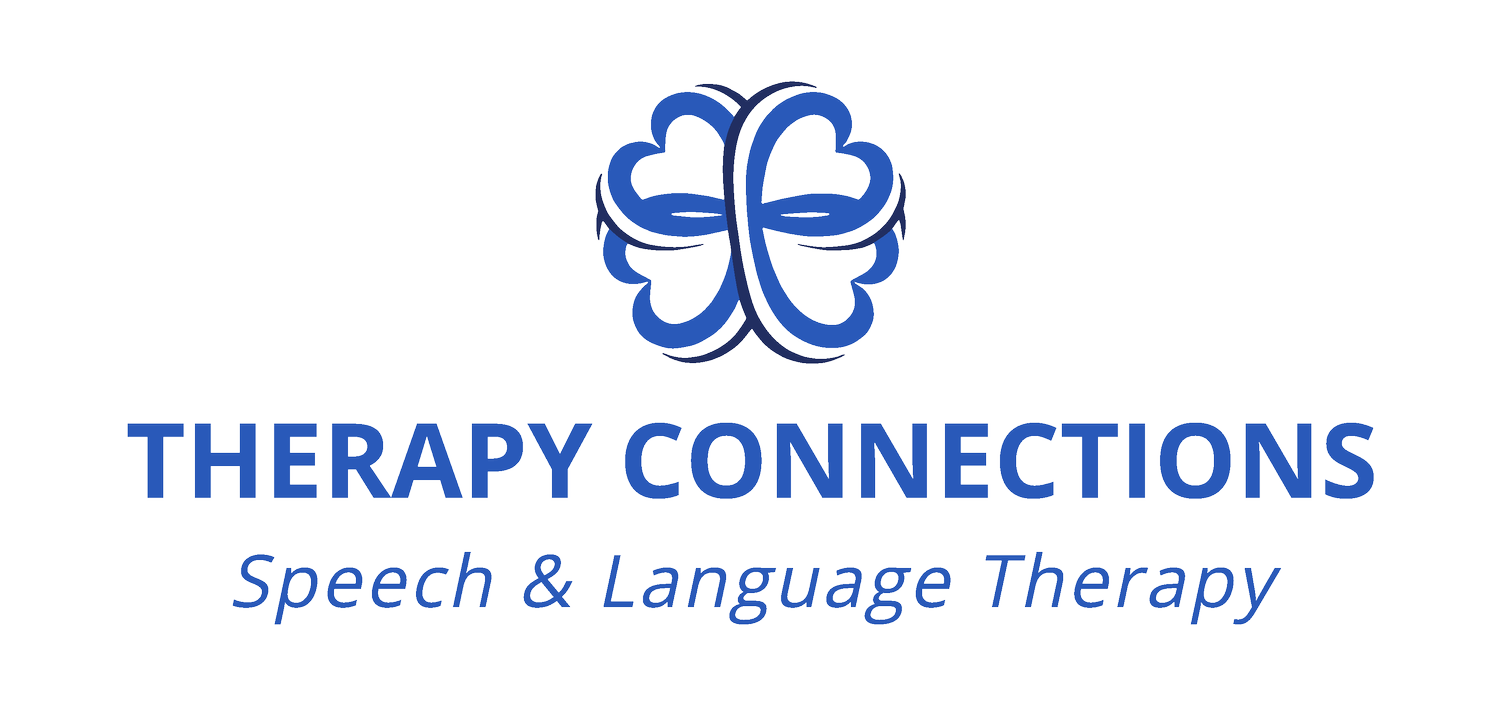Feeding Therapy Services
Feeding
Does your child exhibit one or more of the following?
Ongoing poor weight gain
Choking, gagging or coughing during meals, or a history of traumatic choking incidents
Ongoing problems with vomiting
More than one incident of nasal reflux
History of eating and/or breathing coordination problems and frequent respiratory infections and/or chest colds
“Picky” about food preferences or has an aversion or avoidance of foods of certain textures or nutrition group
Unable to transition to baby food purees by 10 months of age
Unable to accept any table food solids by 12 months of age
Unable to transition from breast/bottle to a cup by 16 months of age
Cries and/or arches back through most meals
Family is fighting about food and feeding (meal time nightmares!). Child is usually difficult to feed by most individuals or family members
If your child demonstrates any of the descriptors above, please consider discussing it with your child’s pediatrician about a feeding evaluation. Your child may benefit from a thorough feeding and oral motor evaluation to determine if feeding therapy is right for your child!
We believe eating and nutrition to be very important and fun part of a child’s growth and development. So, here at Therapy Connections P.C., we utilize a combination of behavior modification, sensory integration, and food exploration in a safe and fun environment to address the feeding and nutritional issues that your child may be facing! We collaborate with a multi-disciplinary team involving (but not limited to) occupational therapists, registered dieticians, pediatricians, gastroenterologists, and–most important of all–parents and family members!
Tongue Thrust
What is tongue thrust?
Tongue thrust is a forward position of the tongue during rest, and a thrust against or between the teeth during swallowing and speech. A tongue thrust condition is sometimes called an orofacial myofunctional disorder (OMD).
What is the treatment for a tongue thrust?
Myofunctional therapy and speech therapy are done for the treatment of tongue thrust. The goal of myofunctional therapy is to develop a normal oral resting position where the lips and teeth are closed, and the tongue tip rests against the ridge behind the upper front teeth. Exercises are also done to obtain proper tongue movement during swallowing. Speech therapy is often needed to correct the abnormal tongue position resulting in a frontal production of specific speech sounds.
“Before Jacob began working with Mrs. Jade, he was reluctant to taste and eat any type of vegetable and fruit. He cringed and sometimes cried at the idea of it!! I attempted different strategies at home to improve his eating but wasn't making any progress. We met Jade at Therapy Connections and she began working with him using lots of positive reinforcement. They began working on only licking fruits and vegetables and did so for several weeks. Once Jacob was comfortable with this they progressed to chewing and eventually swallowing. Jade's patience and positive attitude helped Jacob work through his eating challenges and truly changed mealtime for him. His doesn't always willingly eat everything given to him, but thanks to Mrs. Jade there are several fruits and vegetables he enjoys now!!! We couldn't thank her enough.”
— Satisfied Client
“Every week we see our picky eater improving his diet and his enjoyment at the table during mealtime. The progress has been amazing!”
— Satisfied client working with Jean Hawney, our feeding specialist
Get in touch
We offer complimentary speech screenings.
Please contact us to set up an appointment.


